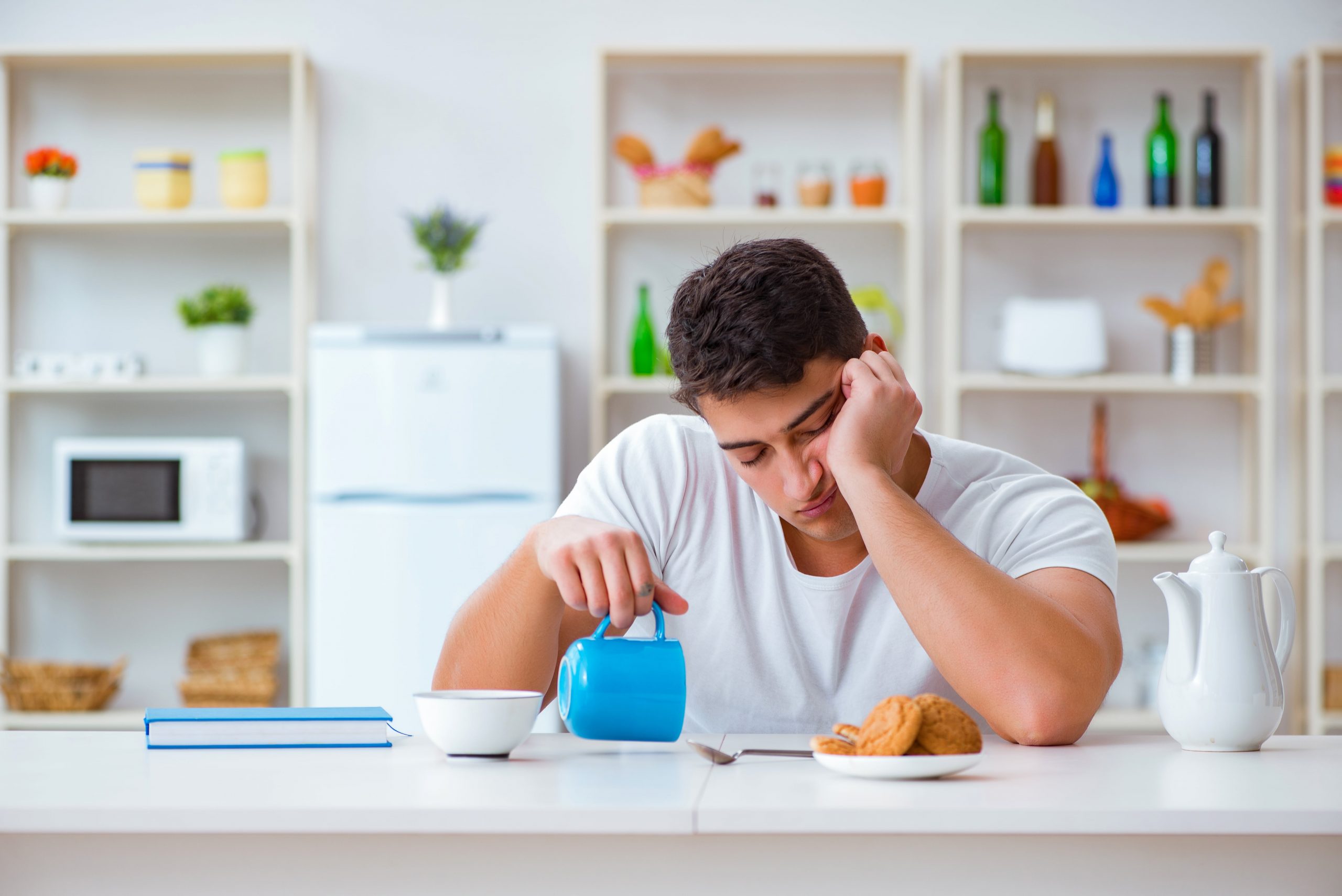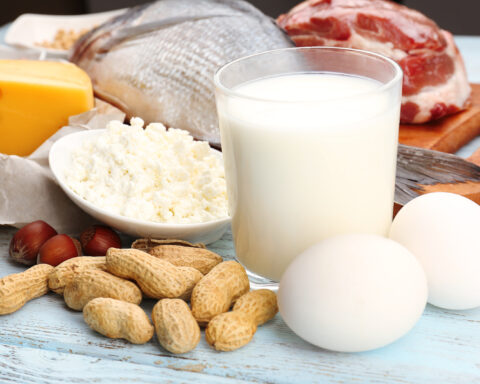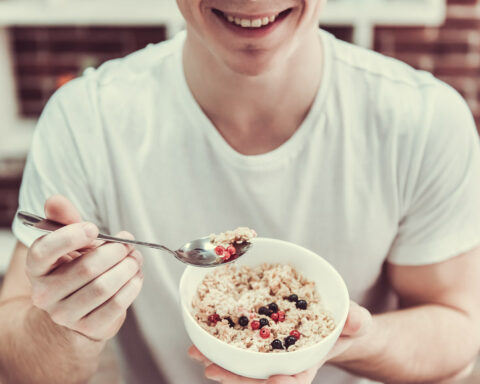Feeling a little tired after eating is normal. However, when it gets too much and starts disrupting your activities, you may have a reason to be worried.
We all, at some point, you feel a little tired after eating. It’s actually what most living things feel, too, after eating. According to one study, snakes, worms, and insects go into postprandial sleepiness or coma after eating. Some theories even suggest that the body has vigilance signals that keep your wits alert when you are starving and looking for food. However, the moment you eat and are full, the fatigue signals replace vigilance signals, and you may go into a nap. However, what exactly causes the fatigue? Is feeling tired after eating a matter of concern? Find the answer from this article.
i. The digestive cycle
All processes in the body need energy, whether voluntary or involuntary. Even the simplest things like breathing and blinking need energy. When you eat, food undergoes digestion, and this cycle might leave you feeling tired and sleepy. The major explanation behind this is that as you eat, the body releases several hormones like insulin, cholecystokinin (CCK), and amylin to help with blood sugar control, digestion, and boost satiety. The process of releasing these hormones is enough to leave you exhausted and sleepy. Besides, sometimes, serotonin is produced as you eat, yet, it’s associated with sleep and relaxation. Therefore, you might feel sleepy.
ii. Skipping breakfast
Although there isn’t enough evidence to this, some studies link feeling tired after eating to skipping important meals, particularly breakfast. Taking breakfast is critical for keeping you active and energized as you go about your activities. On the contrary, skipping breakfast may subject the body to an unnecessary burden, and you may feel sleepy after eating. This is often confirmed by those starting out on intermittent fasting and skipping breakfast; they often feel tired after eating.
iii. Overeating
There is every reason to believe that taking heavy chunks of food will leave you feeling tired and sleeping after eating. For instance, one study involving fruit flies found that sleep (closely associated with fatigue) aided digestion since the fruit flies absorbed more micronutrients when they were asleep. This study concluded that human beings might equally need to sleep to have the eaten food digested. How much more will you feel tired and sleepy if you ate large volumes of food!
iv. Your diet
Something else that might contribute to fatigue and drowsiness after eating is what makes up your diet. Admittedly, some foods will make you feel more tired than others. For instance, eggs, tofu, cheese, fish, turkey, soy, and spinach have a high amount of tryptophan and may leave you feeling tired and drowsy after eating them. Tryptophan is a neurotransmitter needed for the manufacture of the sleep and relaxation hormone serotonin. Therefore, eating these foods, especially in high amounts, will often lead to feeling tired.
v. Your physical activity
The physical activities you take part in may also increase your chances of feeling sleepy after eating. For instance, if you work out regularly and remain active for the most part of the day, you will likely feel tired after taking dinner. You have been busy, and your body finally feels like relaxing. Before you know it, fatigue translates to sleep. A sedentary lifestyle may make it hard for you to sleep. This is because you are not doing anything that builds energy reserve that you can easily tap into when you feel like it. Therefore, if you want to have more sleep, be active, and you will be able to sleep at will.
vi. Sleep patterns
It goes without saying that sleep patterns could also play a role in feeling tired after eating. Suppose you did not have a quality sleep last night. The following day, you will find yourself tired, and this may worsen after you eat. The body automatically enters sleep mode for you to get enough rest. Now imagine that the tendency goes on for some time. Chances are that you will fall asleep after eating for a couple of days.
vii. Underlying conditions
Sometimes, feeling tired after a meal might be due to an underlying condition. Several conditions may be responsible, and these include;
- Food allergies; when you are allergic or intolerant to certain foods, you might feel tired after eating. This is because food intolerance and allergy might mean altered digestion and food absorption. Besides, if symptoms of food intolerance and allergy such as headache or stomach upset present themselves, discomfort and fatigue automatically set in.
- Celiac disease; is a form of wheat intolerance often associated with metabolic problems and digestive issues. It could also lead to after-meal tiredness.
- Diabetes; may cause tiredness after meals when blood sugar levels rise or fall.
- Hypoglycemia; refers to low glucose levels in the body, which might leave a person dizzy, tired, and unable to concentrate.
- Hyperglycemia; is when blood sugar levels rise, which might also cause post-meal tiredness in diabetics and prediabetics.
When to be worried about feeling tired after a meal
While feeling tired after a meal may seem normal, at some point, you might get worried. This is especially true when its cause is hypoglycemia or hyperglycemia. These conditions often occur in diabetics and prediabetics and are serious health problems that need medical attention. In addition, persistent tiredness every other day may also get you worried, and you might have to seek medical attention or try the tip in the next section to solve the mystery.
Try a diagnosis
If your after-meal tiredness persists for days, you might want to keep a diary of your diet. This should include what you eat, the ingredients, the amounts, the time you eat what, and changes in gastrointestinal activity, mood, energy level, and sleep. Doing so will help you connect the dots and understand the probable cause of your condition. You can also compare notes with your medical advisor, who will share thoughts and comments on your diet. When this does not work, you can go for several tests, including blood or skin, hemoglobin A1C, glucose intolerance, and blood glucose tests, which might help solve your health puzzle.
Conclusion
Feeling sleepy after a meal is normal, and many people feel so. It can be caused by many things, including your diet, sleep patterns, physical activity, and underlying conditions. You might be worried if the tiredness is caused by a pre-existing condition like diabetic hyper/hypoglycemia. Should you need a diagnosis, keep a diet diary or try the four tests mentioned in the write-up.
- Everything You Need to Know About Pancreatitis - April 19, 2024
- NOVICA: A Journey of Empowerment and Cultural Preservation - July 29, 2023
- BocaHeal: Empowering Your Journey to Optimal Health - June 10, 2023









